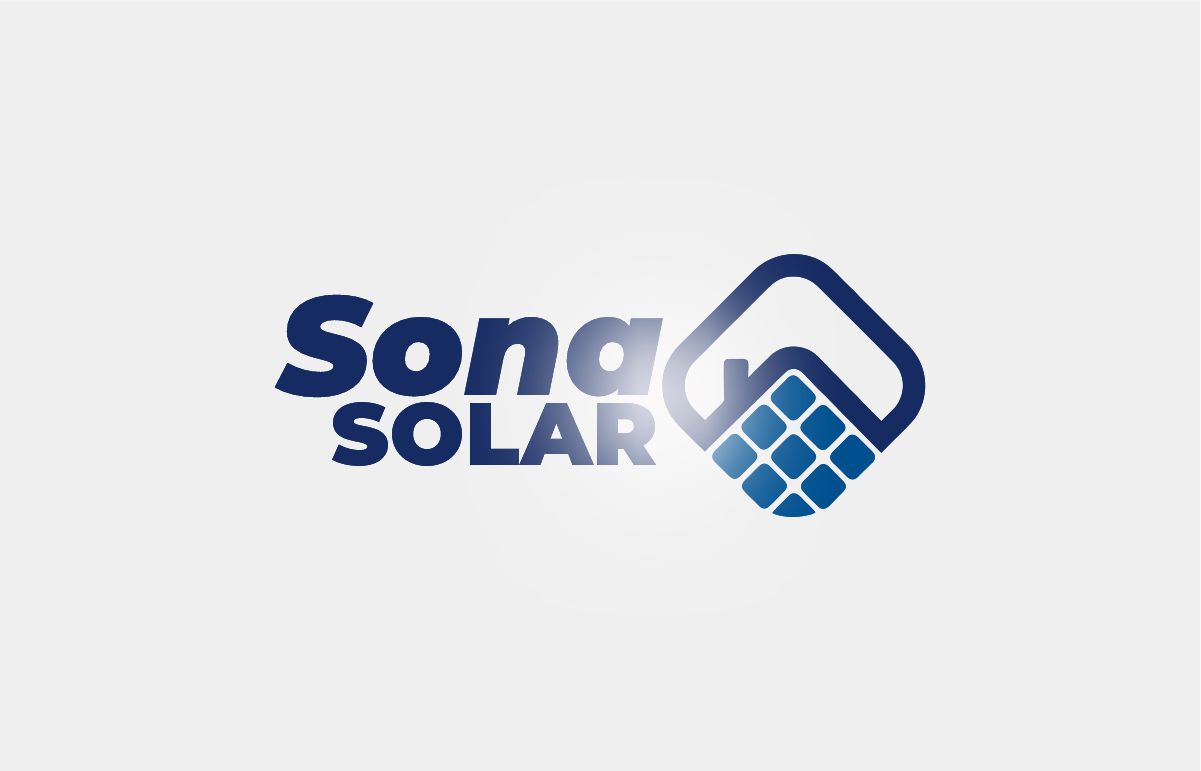The Zimbabwean energy landscape is evolving. With dwindling water resources impacting hydropower generation, homeowners are increasingly turning to solar power as a reliable and sustainable solution.
 |
| The Best Solar Panels For Home Use In Zimbabwe |
Key Considerations for Selecting Solar Panels
- Cost vs. Value: Solar panel systems represent a significant investment. While initial costs are a factor, prioritize value over the cheapest option. High-efficiency, durable panels boast a longer lifespan and generate more power, resulting in greater cost-effectiveness over time.
- Solar Panel Efficiency: Efficiency, measured as a percentage, reflects a panel's ability to convert sunlight into electricity. Higher efficiency translates to greater power generation and a more cost-effective system. However, keep in mind that higher efficiency often correlates with a higher upfront cost.
- Optimal Wattage: Wattage signifies the amount of power a panel produces. Homes typically require panels between 250 and 400 watts. Meticulously analyze your energy consumption and available roof space to determine the ideal wattage for your system.
- Temperature Coefficient: Heat significantly impacts solar panel performance. Prioritize panels with a lower temperature coefficient, ensuring optimal performance in Zimbabwe's hot climate.
- Comprehensive Warranties: Solar panels typically come with a 25-year power warranty. However, warranties for inverters, batteries, and other system components can vary greatly. Pay close attention to these warranties and choose panels with a long lifespan and reliable manufacturer backing.
- Reputable Installation Company: Selecting a reputable installer is crucial. Ensure they offer the panels you desire and possess a proven track record of high-quality workmanship. Don't hesitate to verify reviews, references, and quotes before making a decision.
- Available Roof Space: The amount and direction of your roof space significantly impact your choice of panels. If space is limited, prioritize high-wattage, high-efficiency panels. Conversely, a larger roof space allows for more flexibility in panel quantity and power options.
Unveiling the Technology: Exploring Solar Panel Types
Understanding the different types of solar panels empowers you to make the best choice for your needs:- Monocrystalline: These panels offer the highest efficiency and durability, making them ideal for maximizing energy production in limited spaces. However, they come with a higher price tag.
- Polycrystalline: A more affordable option compared to monocrystalline panels, these offer a good balance of efficiency and affordability. They are suitable for various solar power systems, both grid-tied and off-grid.
- Thin-Film: The most budget-friendly option, thin-film panels have a lower efficiency and power output. However, they are flexible and work well for specific applications like building-integrated photovoltaics.
Selecting the Perfect Fit: Finding the Best Solar Panel for Your Home
The "best" panel depends on your unique circumstances. Here's a breakdown to help you decide:- Monocrystalline: Ideal for maximizing energy production in limited spaces, demanding high efficiency, or wanting the most durable option.
- Polycrystalline: A good choice when prioritizing affordability while maintaining good efficiency and lifespan.
- Thin-Film: Consider these if budget is the primary concern, or you have specific applications requiring flexibility.
Ultimately, consult with solar professionals or conduct a detailed site assessment to determine the perfect solar panel solution for your home.
Frequently Asked Questions: Demystifying Solar Panel Concerns
- Best Panels for Homes? Monocrystalline or polycrystalline are typically best for residential use. Consult professionals for your specific needs.
- Optimal Panel Angle? Panels facing the sun directly produce the most power. The optimal angle depends on your location. In Zimbabwe, aim for a 20-25 degree tilt.
- Solar Panel Maintenance? Solar panels require minimal maintenance. Regular cleaning and an annual professional inspection ensure optimal performance.
- Temperature Coefficient Matters? Yes! Prioritize panels with a lower temperature coefficient for better performance in hot climates.
- Solar Panel Lifespan? High-quality panels like those offered by Jinko Solar have outstanding lifespans (25-year power warranty ). This doesn't mean they stop working after 25 years, but their efficiency might decrease slightly over time.
By understanding these factors and available technologies, you are well on your way to selecting the perfect solar panel system for your Zimbabwean home. Embrace the power of the sun and illuminate your future with clean, reliable energy!
Common Questions and Popular Searches
Explore Answers To Frequent Questions And Discover Resources For Your Solar Journey:
1kVA Inverter Load Guide
Load guide for small households.
2kVA System Load Capacity
Powering essentials in medium homes.
3kVA System Panel Count
Understand solar array sizing.
3kVA Inverter Load Guide
Appliance guide for a typical household.
Best 3kVA Inverter Brand
Compare reliability and warranties.
3kVA Appliance Load Guide
Understand simultaneous load capacity.
3kVA Powering Motor Loads
Guidance on handling motor loads.
Choosing the Right Inverter
Matching inverters to your specific load.
Match Panels to Inverter
Tips for optimal system performance.
3.5kVA Inverter Load Guide
Explore residential setup capabilities.
Best Solar Panels Zimbabwe
Analysis of performance and durability.
Solar Companies Zimbabwe
Customer service and reliability.
Best Solar Panel Brands
Guide for home and business solutions.
Solar Installers Zimbabwe
Professional and certified installers.
3kVA System Cost Guide
Get pricing information for Zimbabwe.
5kVA System Cost Guide
Budget requirements for systems.
Contact Our Sales Team:

Sona Solar Zimbabwe
Address:
7 Frank Johnson Avenue, Eastlea, Harare, Zimbabwe.
Call/WhatsApp:
Sales:
+263 78 293 3586
Sales:
+263 78 922 2847
Operations:
+263 78 864 2437
Email:
sonasolarzw@gmail.com
Website:
www.sonasolar.co.zw

Borehole Experts Zimbabwe
Address:
7 Frank Johnson Avenue, Eastlea, Harare, Zimbabwe.
Call/WhatsApp:
Sales:
+263 77 389 8979
Sales:
+263 71 500 3777
Operations:
+263 71 918 7878
Email:
boreholeexpertszw@gmail.com
Website:
www.boreholeexperts.co.zw

Follow Our Social Media Icons
TikTok Pinterest YouTube Telegram WhatsApp